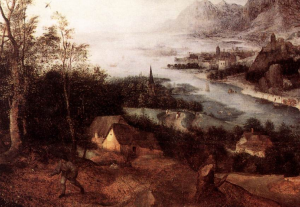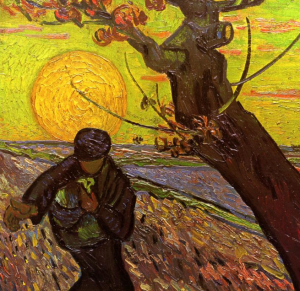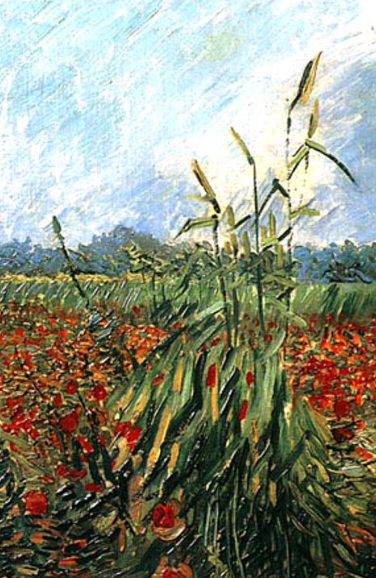Bible Lesson 14
Las primeras parábolas – The first parables
Jesus did a great deal of his teaching in parables, or stories designed to illustrate spiritual truths. Here we see two of his first ones.
In the parable of the soils, we see the deadly danger of the distractions, worries and temptations of this life that can choke out what looked to be a promising faith.
We also see that there is a real enemy who seeks to steal the word of God from our souls.
Let us strive to be the good soil!
Also, let’s seek to be that lamp on a stand; as Jesus said in the Sermon on the Mount, “Let your light shine before men that they may see your good deeds and give glory to your Father in heaven.”
How to Use This Page:
1. Listen to the audio as you read along with the Spanish on the left.
2. Open the English translation, and read the two side-by-side, making sure you understand the Spanish.
3. Close the English, and listen to the audio again, reading along in Spanish.
4. Close the Spanish, and listen once more. Maybe shut your eyes, and just try to catch as much as you can.



